L’art d’aimer d’Ovide, traduction en vers, avec des remarques par M. Desaintange (Chez Giguet et Michaud, Paris, 1807, first edition of translation)
5″x8″, 320pp, full calf, gilt titles and decorations to spine, marbled boards, some rubbing and bumping, good+ condition for age, finely engraved frontispiece, unknown artist
French language translation by Saint-Ange of Ovid’s The Art of Love.
Publius Ovidius Naso (43 BC – AD 17/18), known as Ovid in the English-speaking world, was a Roman poet who lived during the reign of Augustus. He was a contemporary of the older Virgil and Horace, with whom he is often ranked as one of the three canonical poets of Latin literature. The Imperial scholar Quintilian considered him the last of the Latin love elegists. He enjoyed enormous popularity, but, in one of the mysteries of literary history, was sent by Augustus into exile in a remote province on the Black Sea, where he remained until his death. Ovid himself attributes his exile to carmen et error, “a poem and a mistake”, but his discretion in discussing the causes has resulted in much speculation among scholars. The first major Roman poet to begin his career during the reign of Augustus, Ovid is today best known for the Metamorphoses, a 15-book continuous mythological narrative written in the meter of epic, and for works in elegiac couplets such as Ars Amatoria (“The Art of Love”) and Fasti. His poetry was much imitated during Late Antiquity and the Middle Ages, and greatly influenced Western art and literature. The Metamorphoses remains one of the most important sources of classical mythology.
Ange-François Fariau de Saint-Ange (1747-1810), known as Saint-Ange was a French poet and translator. Born of a father adviser of the king, he studied at the collège des jésuites de Blois, then at the college Sainte-Barbe de Paris. He acquired from a young age a reputation for his his unparalleled wit. Protected by Turgot, he gained a place in general control, but found himself without resources in the Revolution. At the fall of Robespierre, he found a job in the clothing agency of the troops, then became then professor of belles-lettres, then of general and reasoned grammar, with the central school of the street Saint-Antoine. He was elected member of the French Academy in 1810. In his reception speech, sensing that his shaky health would not allow him to sit there for a long time, he declared: “I am doing violence, at this moment, to the continual suffering and intolerable who warn me that the shadow of the academician whom I replace is waiting for mine. Three months later, he suffered a fall and died while visiting the institute.







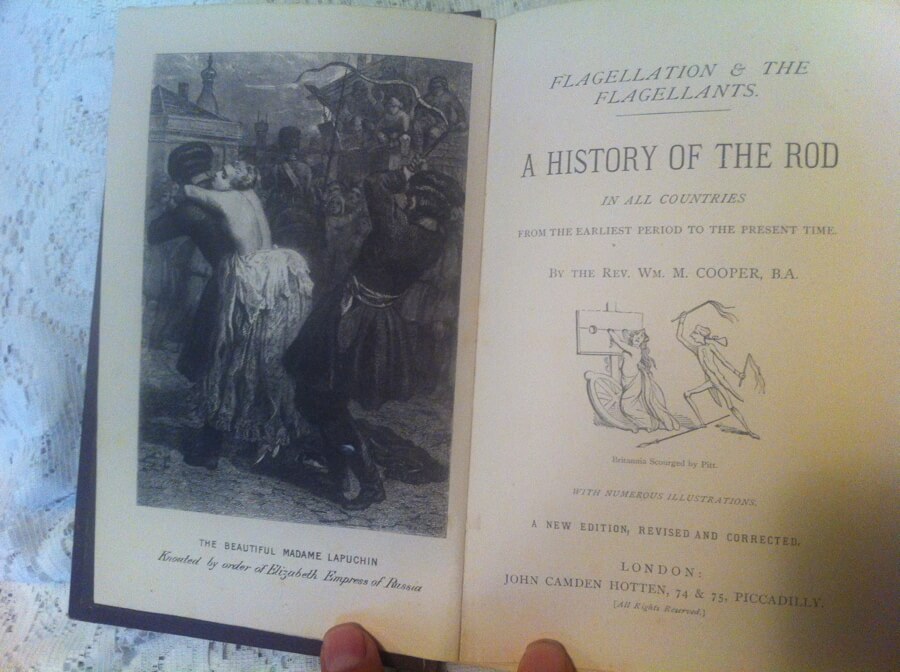
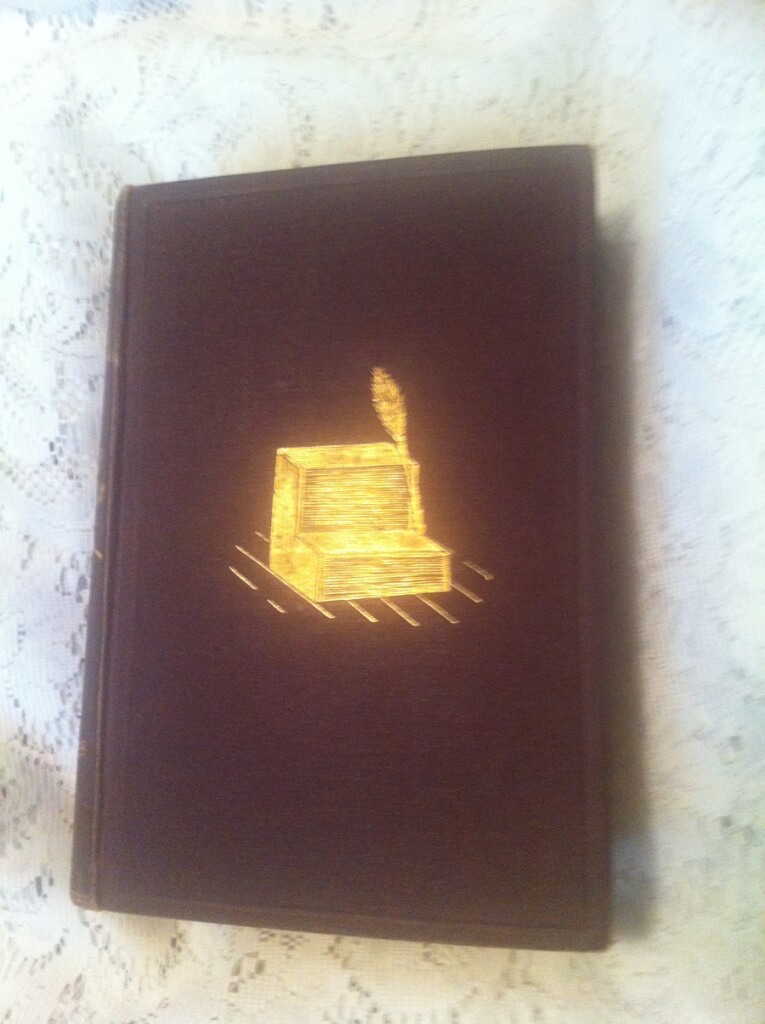
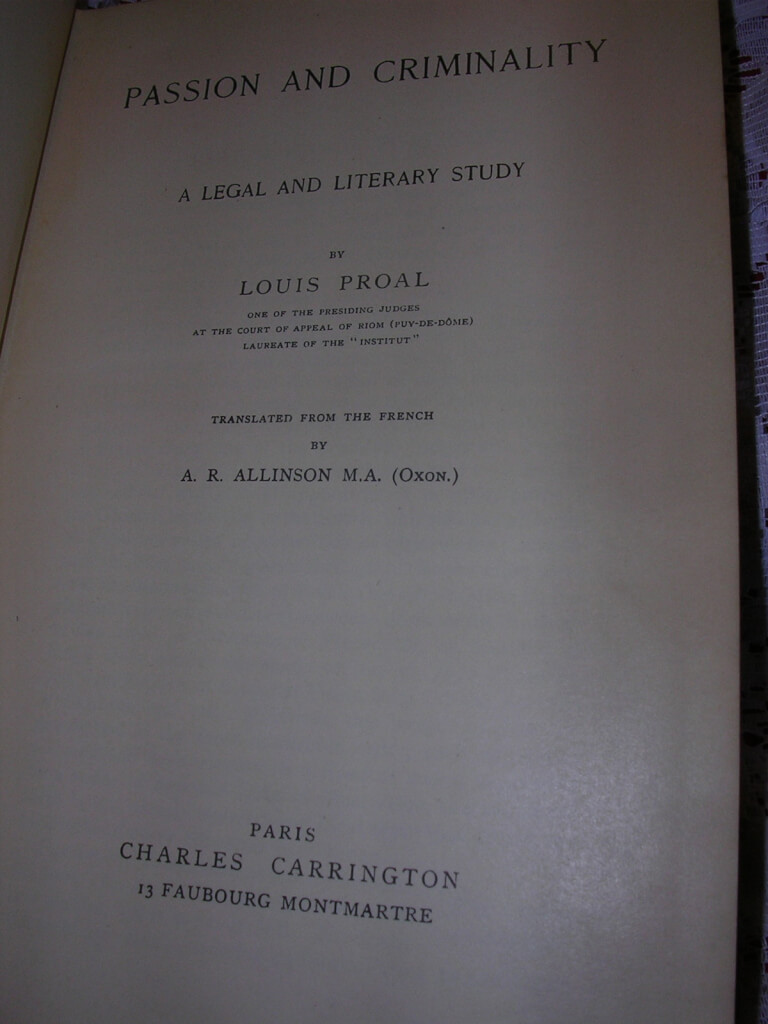
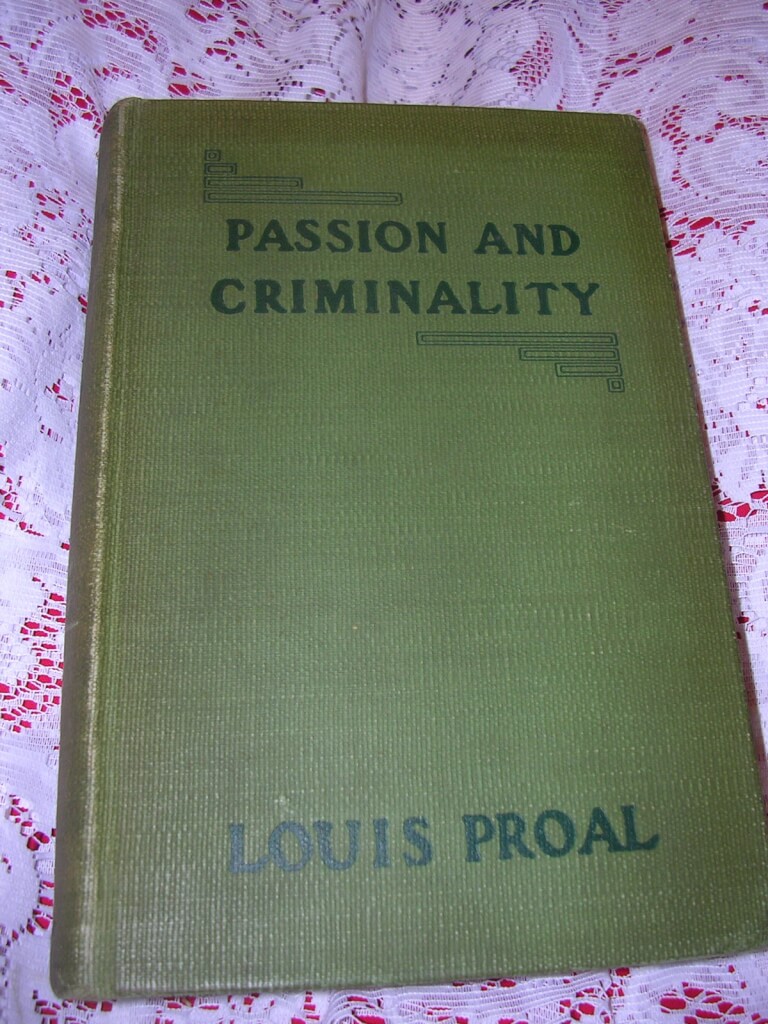

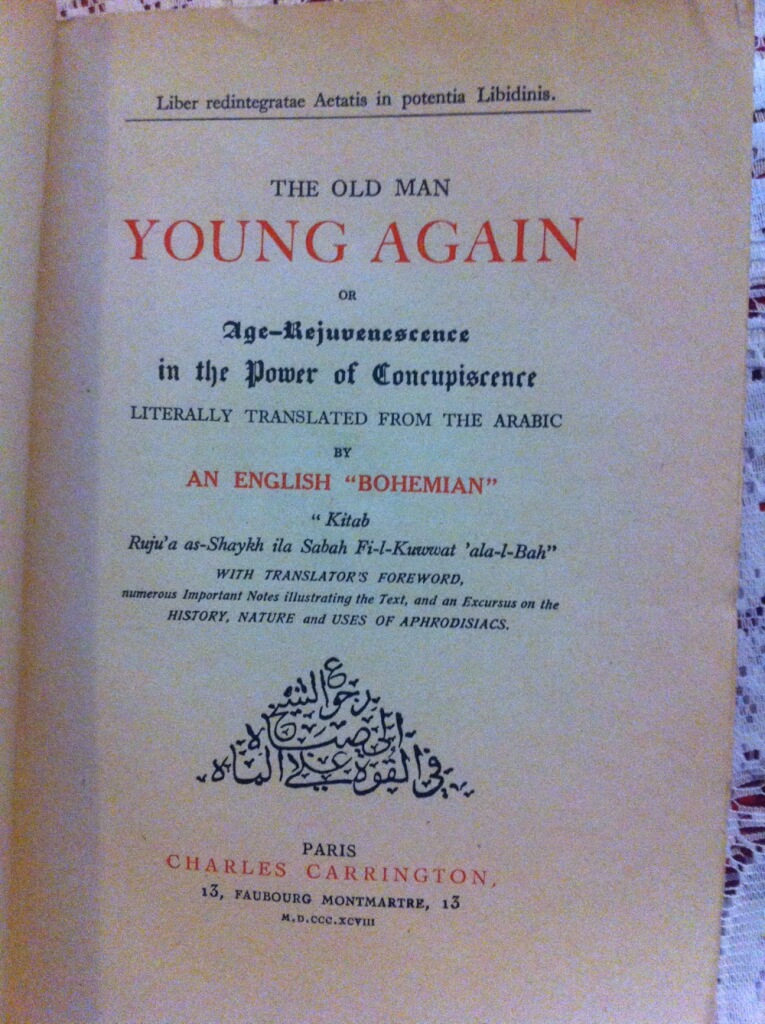


Reviews
There are no reviews yet.